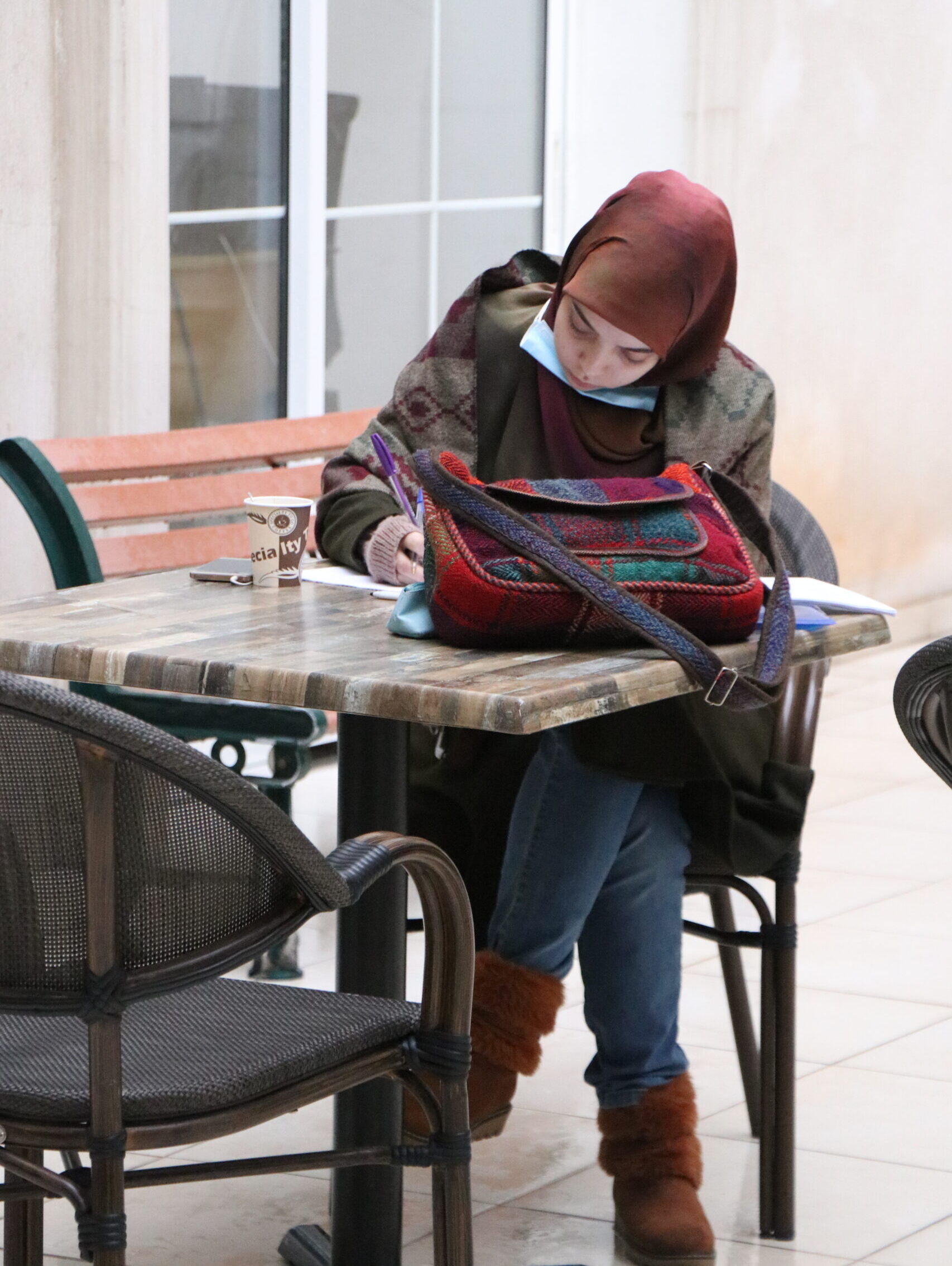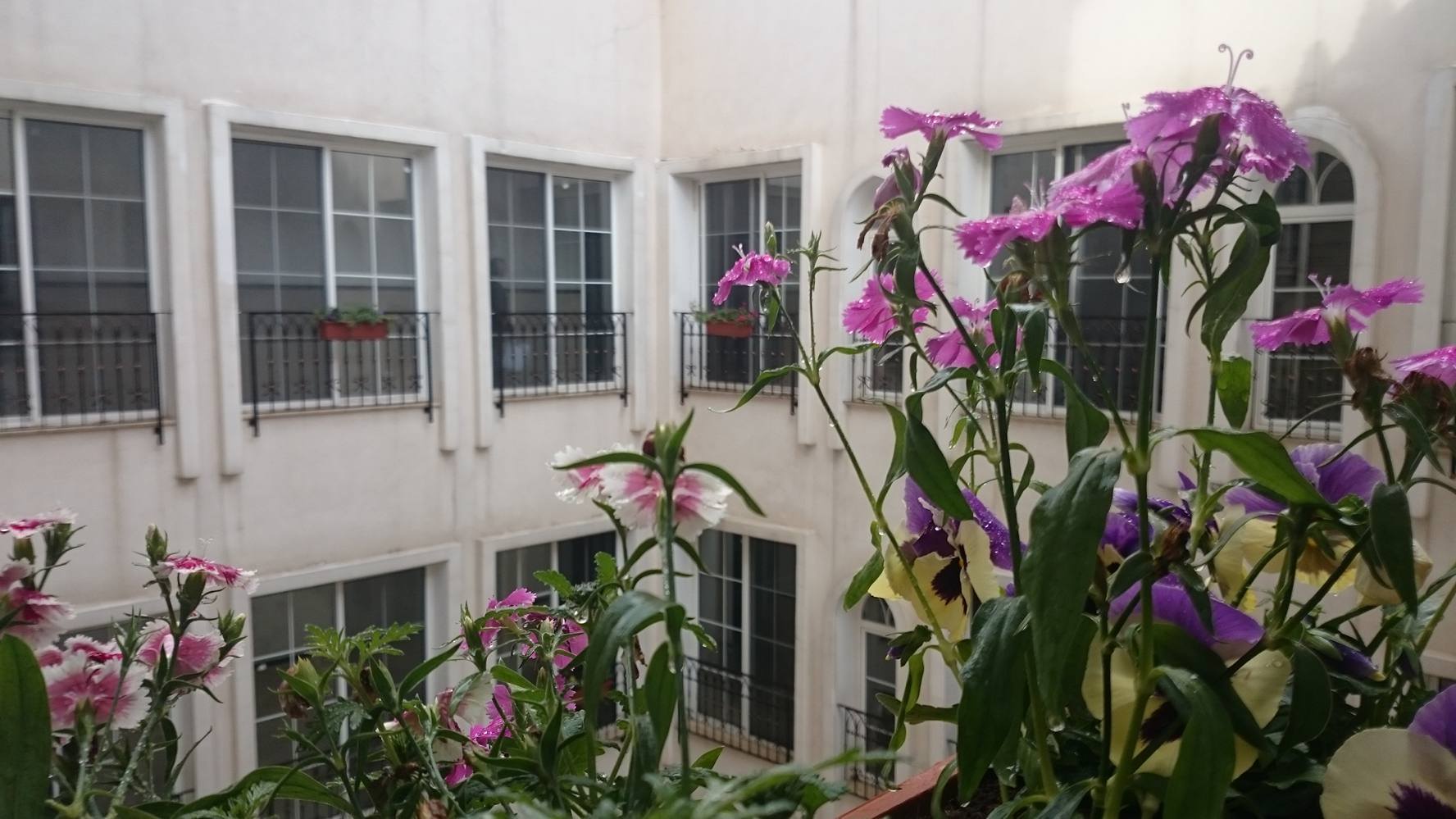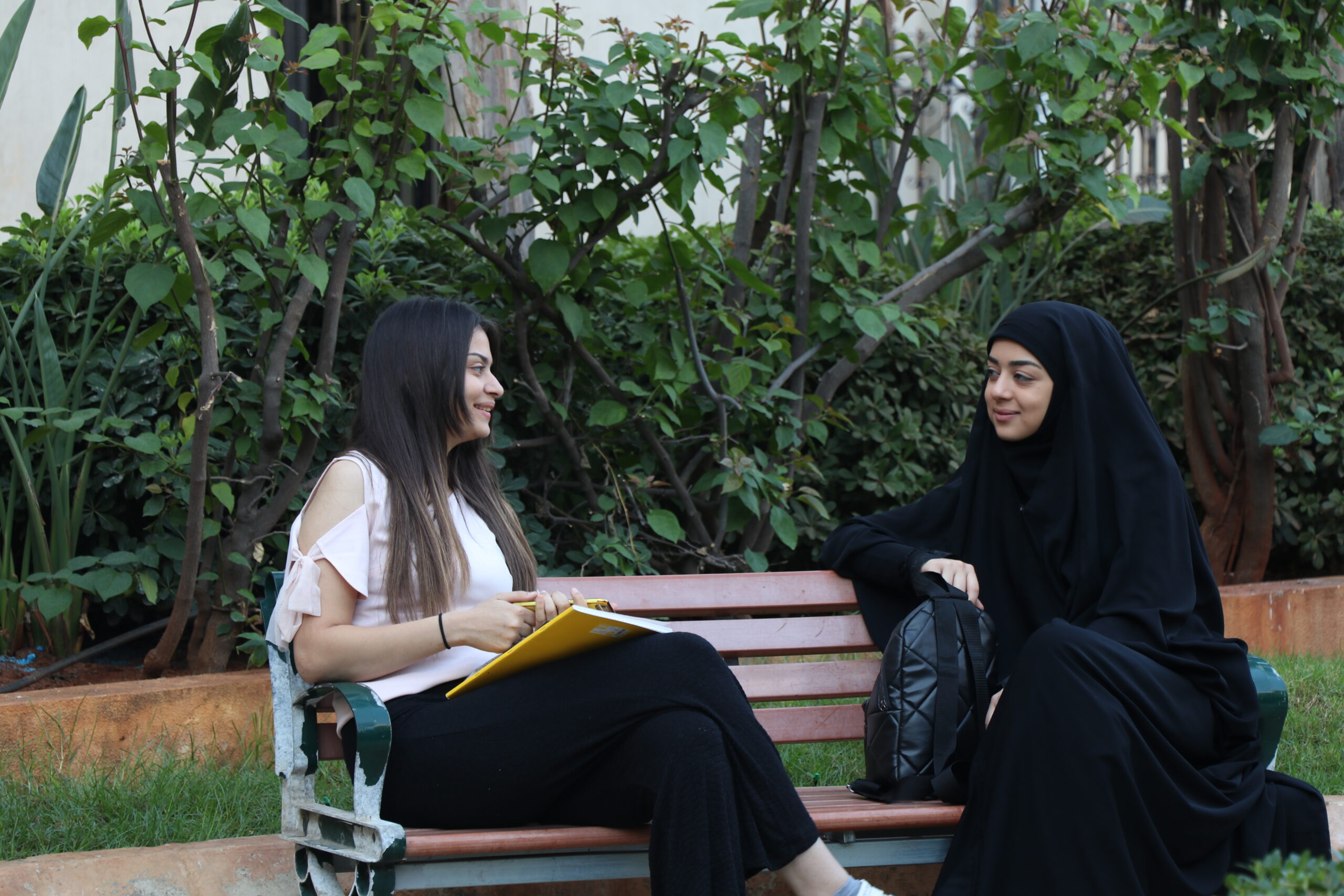Mission & Vision
USAL’s mission drives our commitment to providing quality education for all and serving our neighbors in need.
About USAL
The University of Science and Arts in Lebanon (USAL) is a private Lebanese university licensed by the Ministry of Education and Higher Education under Decree No. 1738, issued on April 14, 2009. The university began its academic activities in September 2013, with its main campus located in the capital, Beirut. USAL strives to provide high-quality, innovative higher education that meets the needs of sustainable development and contributes to serving Lebanese and Arab society.
The university officially launched its educational programs in September 2012 as an independent private institution that embraces diversity and welcomes differences. USAL is committed to offering high-quality, innovative university education that is closely linked to the needs of society and the labor market.
USAL aspires to be the first choice for students seeking excellence in higher education by adopting the latest educational practices and ensuring a university environment that fosters critical thinking, creativity, and high-quality scientific research. The university’s vision and mission are integrated to support sustainable development, serve the community, and promote human and spiritual values, thereby preparing a new generation of competent, open-minded individuals capable of driving positive change.
The university’s values stem from a rich cultural and spiritual background, forming the ethical and methodological foundation that guides its policies and practices at all academic and administrative levels. Among its core values are: excellence, social responsibility, dialogue, citizenship, acceptance of cultural diversity, effective communication, and innovation. Together, these values provide the reference framework for the behavior of staff and students, and for an educational experience that transcends traditional knowledge boundaries toward building proactive individuals and responsible citizens.
The University of Sciences and Art in Lebanon (USAL) is located in the Ghobeiry area, Airport Road – Beirut, within the jurisdiction of Mount Lebanon Governorate. The university campus features a modern building equipped with multiple classrooms, scientific and technical laboratories, a central library, a radio and television studio, as well as student spaces and a cafeteria.
Mission
USAL’s mission is to provide high-quality academic education aligned with accreditation standards in higher education, foster scientific research that advances the knowledge economy and serves society, equip students with the skills to compete and navigate future challenges with reflection, awareness, responsibility, and innovation, and contribute to sustainable societal development while upholding spiritual values, dialogue, openness, and the acceptance of diversity, rooted in the principles of divine messages.

Vision
To be the student’s choice for excellence in higher education in terms of quality, innovation, and distinctive scientific research, at the local level in response to the needs of sustainable development, and in service to the community.


The values at USAL serve as the guiding principles that define the organizational behavior at all administrative levels of the university, as well as the foundations for interacting with students and stakeholders. While these values are universal, they take on a unique character at the university as they form part of its religious and cultural heritage, in addition to being rooted in the university’s vision and mission. Therefore, these values constitute a frame of reference in formulating regulations and policies, and in their application across academic, administrative, and student activities. These values also form the ethical framework that should be upheld by all university employees and students.
University Values
1 Excellence
The university adopts strategies of excellence in the quality of academic programs, academic accreditation, educational practices, evaluation systems, learning outcomes, and the quality of scientific research, in order to achieve a competitive advantage in Lebanon and abroad.
2 Social Responsibility
The university is committed to its responsibilities towards the community, and contributes to providing the requirements for sustainable development, such that social, economic, ethical, and environmental protection and development issues are part of its policies and practices.
3 Dialogue
The university provides a welcoming environment and space that believes in dialogue, freedom of expression, and understanding diversity and differences, in order to establish a community that respects and encourages differences. This is achieved through developing the necessary skills for communication and dialogue, critical inquiry, reviewing problems and issues, asking questions about them, and analyzing them in a systematic and positive manner. Additionally, the university seeks to capture diverse perspectives and experiences in order to adapt the acquired skills to real-life examples and models, by gaining knowledge and analytical skills to understand a range of perspectives and experiences, including those related to disability, sect, religion, etc.
4 Citizenship and Cultural Diversity
In its mission, USAL emphasizes the building of a culture of: independence, a rights-based foundation, and a culture of the inclusive and shared public sphere, within an academic framework that focuses on mutual understanding, without stereotypes or distorted images, through exploring the history and experiences of pluralistic societies, the history of freedoms and human rights, and patterns of shared living within the framework of cultural diversity.
5 Effective Communication
The academic environment at the University enhances students' abilities to cooperate, work in teams, and present and express ideas clearly and convincingly, both orally and in writing, based on work ethics.
6 Innovation
The University provides its students with innovative competencies and skills, different thinking, finding new ways of thinking, observing opportunities and ideas that may be new and evaluating them, independence, and the ability to think in an unconventional manner.
